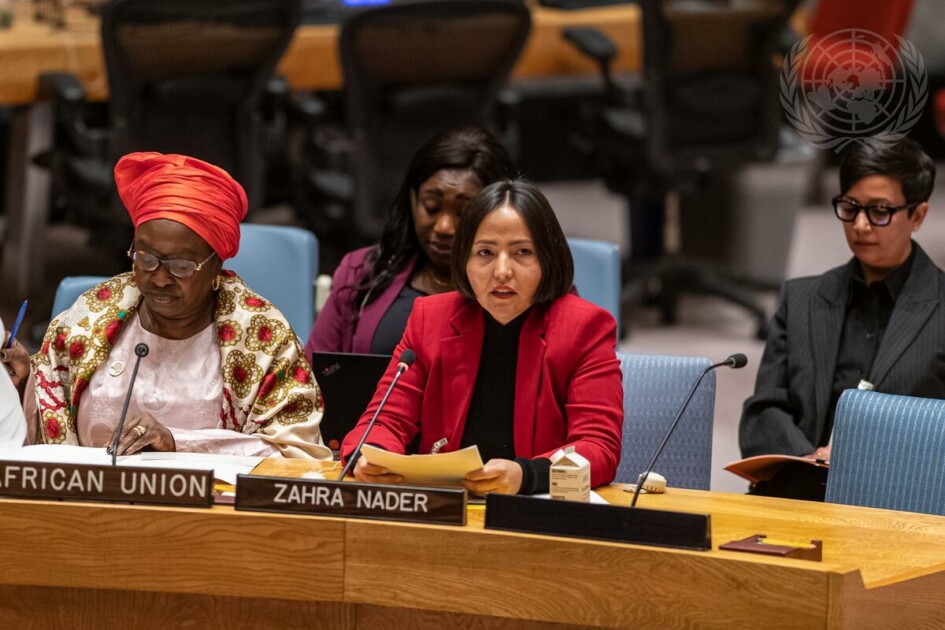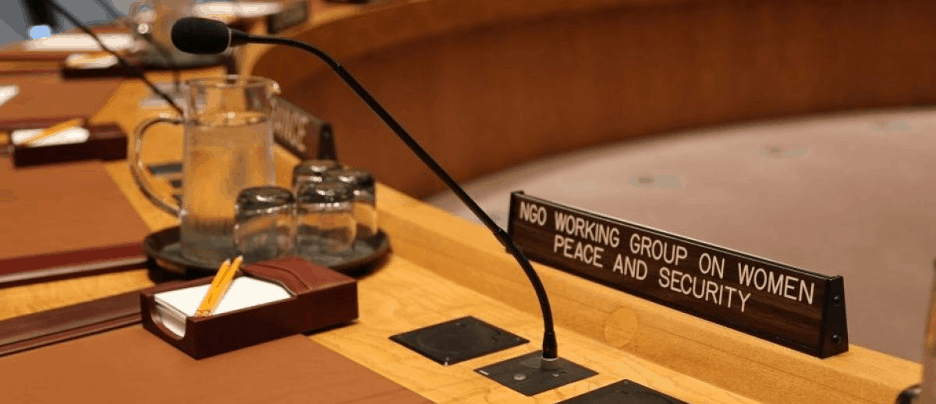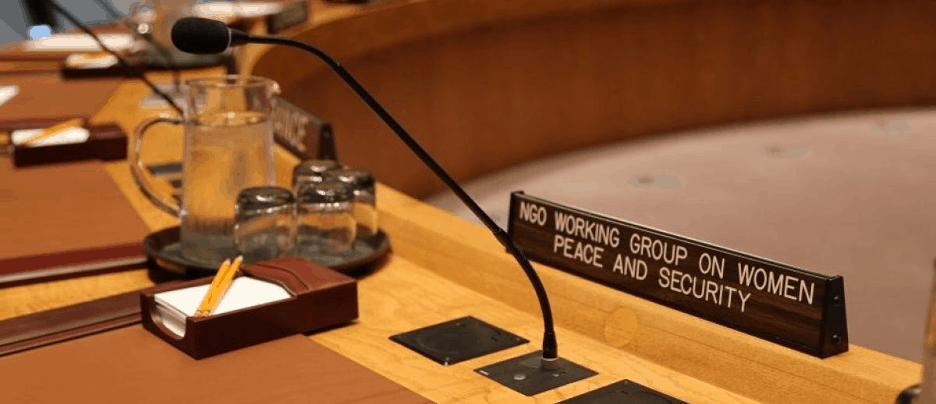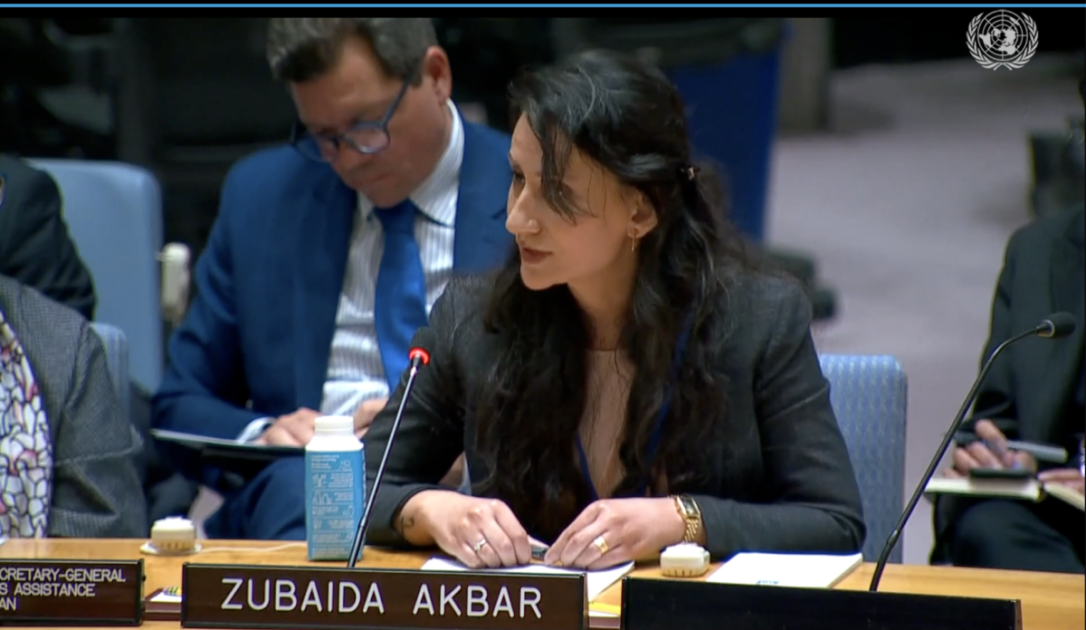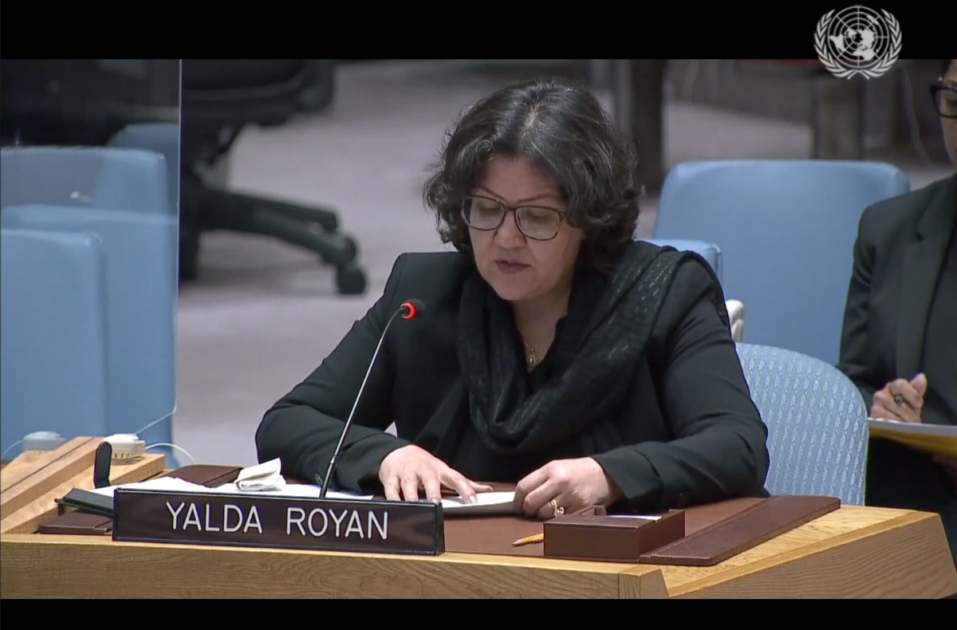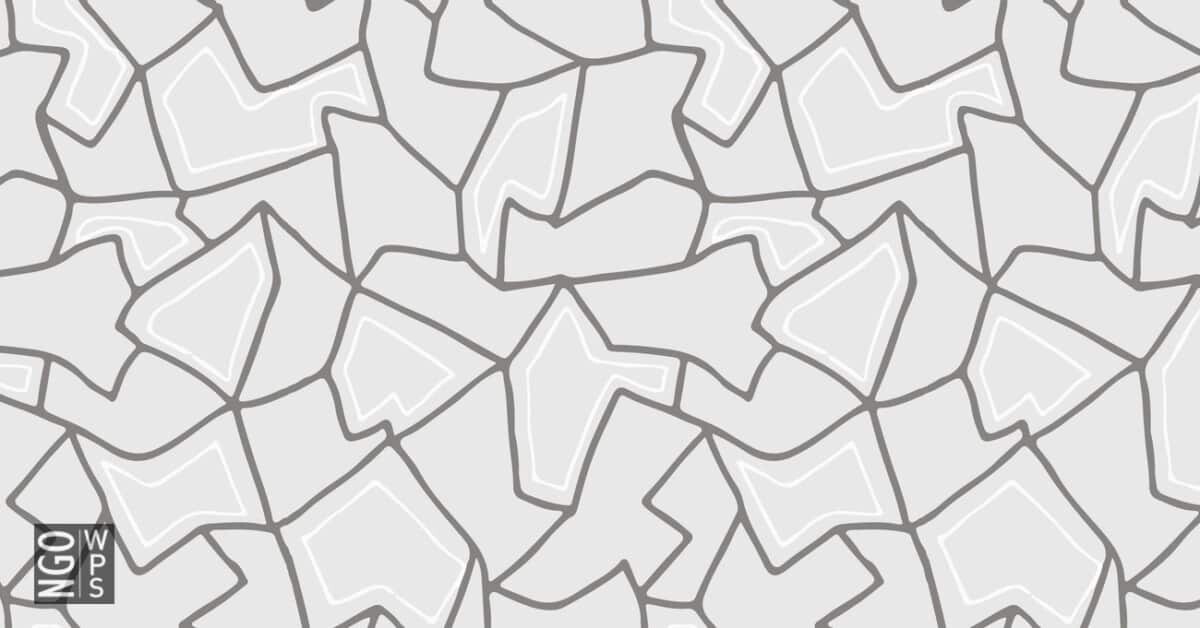Afghanistan
Afghanistan
Afghanistan has been engulfed in violent armed conflict since the fall of the Taliban regime in 2001, and efforts to build sustainable peace while preventing the re-establishment of extremist rule depend on the inclusion of women.
Living in the most dangerous place in the world to be a woman, as the Thomas Reuters Foundation revealed in 2011, Afghani women have emerged as leaders in the peace process— advocating constantly for more inclusive government, and inspiring marginalized groups nationwide to demand a place in the political system. Despite the important role that Afghani women play in bringing about social change in Afghanistan, many barriers to their involvement still exist.
Based on the work of NGOWG members and their partners, the NGOWG advocates for eliminating these barriers by encouraging UNAMA to support the Afghan government in fully implementing the National Action Plan on Women, Peace and Security (NAP), and ensuring women’s full and equal participation in regularly held elections.
Current and Past Recommendations to the UN Security Council (Monthly Action Points)
In the context of the situation in Afghanistan, the worst women’s rights crisis in the world, protection of women’s rights and the full, equal and meaningful participation and leadership of diverse Afghan women, including civil society and women’s rights organizations, in all fora, at all levels and at all stages of decision-making must be a top priority in any deliberations by the Security Council. Since taking power in August 2021, the Taliban has continued to undermine women’s human rights in both policy and practice by codifying systematic gender-based discrimination through the imposition of dozens of restrictions, including a ban on Afghan women working for the UN, expanding an earlier ban on women working for NGOs. As reinforced by UN human rights experts, these violations potentially amount to gender persecution, a crime against humanity. As the Security Council discusses the situation, it is critical that gender equality, women’s autonomy, agency and inclusion, and the full range of women’s rights are prioritized and addressed as a fundamental means to achieve sustainable peace in the country. During forthcoming meetings, Council members should:
- Reiterate the indispensable role of Afghan women and state their unequivocal support for the protection and promotion of the full range of women’s human rights in accordance with international human rights law; strongly condemn the implementation of regressive policies that undermine those rights and call for their immediate reversal; demand the full, equal and meaningful participation of women in all decision-making, and express unwavering support for the work of human rights defenders, peacebuilders, and civil society representatives.
- Condemn and call for the immediate reversal of the ban on Afghan women working for the United Nations, in violation of the UN Charter and CEDAW, and call for all UN agencies and other humanitarian actors to abide by the principles of non-discrimination to ensure principled humanitarian delivery to all Afghans in need, in all parts of the country, and to ensure women’s participation and leadership in humanitarian action, free of restrictions or reprisals.
- Call for accountability for all human rights violations and support measures to investigate and prosecute those responsible for all violations of human rights, including gender persecution and attacks on diverse human rights defenders and journalists, including those advocating on behalf of marginalized ethnic and religious groups and LGBTIQ+ rights.
- Call for all parties, including the Taliban and other armed groups, to respect international human rights and humanitarian law and immediately end the continued targeting, threats, and killings of human rights defenders, peacebuilders, journalists, protestors, and all other civil society representatives.
- Call for UNAMA’s mandate to be fully implemented, particularly those aspects related to: advocating for the protection and promotion of women’s rights, including by calling for the Taliban to uphold their obligations under CEDAW; monitoring and reporting on human rights, including violations, abuses and reprisals against women, human rights defenders, journalists and humanitarian workers and all forms of gender-based violence; meaningful engagement with diverse Afghan women’s organizations and networks; and ensuring the transparent, non-discriminatory and equitable distribution of humanitarian aid.
- Call for the independent assessment on Afghanistan mandated by Resolution 2679 (2023) to be carried out in close consultation with Afghan women and civil society, both inside and outside of the country, and for it to explicitly address and call for the protection and promotion of the human rights of diverse Afghan women and girls, as well as the critical importance of their full, equal, and meaningful participation in any decision-making regarding the future of Afghanistan.
Relevant Resources



